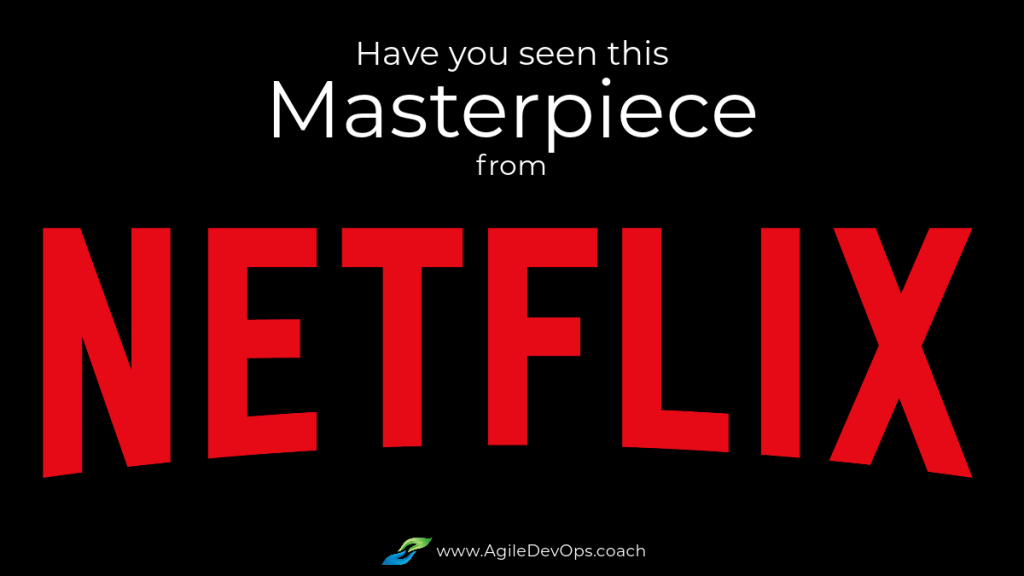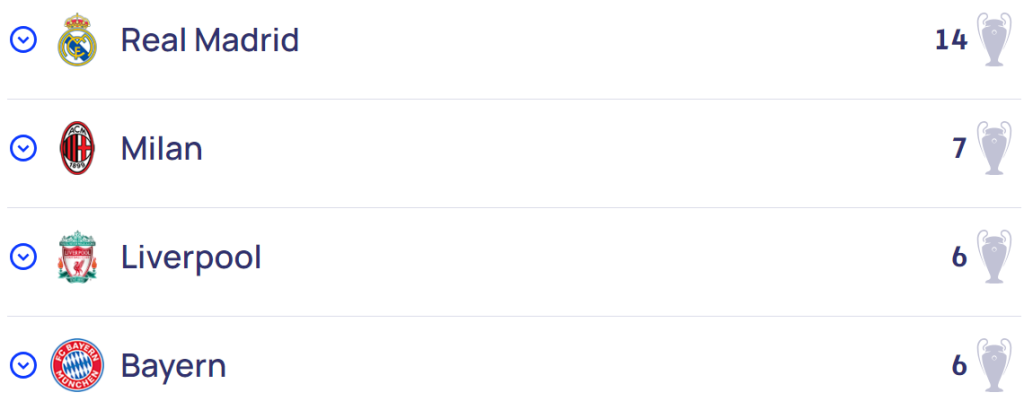
The word “NetFlix” brought you to read this post? May be …
I don’t love NETFLIX JUST because it streams some of the best content, BUT ALSO because NETFLIX is more beyond the content – an organization which understands & imbibes the true meaning of the word “organizational culture”.
I am always curious about this thing called “culture” which drives some of the best organizations in the world. So I was looking for something which talks about NETFLIX culture. And I came across a “Masterpiece”!
Yes! The NetFlix has delivered a truly Masterpiece with it’s culture. Way back in the year 2009, NetFlix CEO Reed Hastings presented the document “NetFlix Culture: Freedom and Responsibility”.
Sheryl Sandberg, who was Facebook COO then, had said that Netflix’s company culture document “may well be the most important document ever to come out of the Silicon Valley.”
So what’s so unique about this NetFlix Masterpiece?
Beyond being just a managerial handbook, it serves as a glimpse into a philosophy that embraces unpredictability, creativity, and trust. This stands in stark contrast to the hierarchical norms that prevailed in workplaces throughout much of the 20th century. In light of the significance of innovation and the Internet in today’s work environments, it provides a clear vision of what the future of daily life may hold.
When CEOs liken their organization to a “family,” it is generally assumed they have positive intentions. They are endeavoring to depict a model that embodies the type of connections they aspire to establish with their staff – enduring bonds that foster a feeling of inclusion. However, employing the term “family” can inadvertently lead to misinterpretations.
This is what Reed Hastings said:
We’re a team, not a family.
We’re like a pro sports team, not a kid’s recreational team.
Coaches’ job at every level of Netflix [is] to hire, develop and cut smartly, so we have stars in every position.
The Keeper Test managers use: “Which of my people, if they told me they were leaving in two months for a similar job at a peer company, would I fight hard to keep at Netflix?”
In a genuine family, parents do not have the option to terminate their children. Try to envision the idea of disowning your child due to subpar performance. Imagine my father saying this to me when I was growing up – “We regret to inform you, Anand, but your mom and I have decided that you’re not a suitable fit anymore. Your reading skills have been declining for the past six months and you are not doing well in your studies. We have to let you go. Please don’t misunderstand; it’s just a matter of our family.”
Unthinkable, isn’t it? Yet, this is essentially what occurs when a CEO characterizes the company as a family and then initiates layoffs. Regardless of the legal concept of at-will employment, those employees will understandably feel hurt and betrayed.
Your company is a Pro Sports Team and not a Family.
Have a look at some of the best football teams. These teams have won the UEFA Champions League multiple times.

Every one of these successful franchises has successfully established a enduring identity and forged lasting connections with its players, even as the roster undergoes frequent changes from one year to the next.
These teams have managed to sustain their winning streaks despite frequent changes in personnel by adopting a pragmatic perspective on the often transitory nature of employment while also emphasizing common objectives and enduring personal connections.
Although a professional sports team doesn’t promise lifelong job security to its players—quite the opposite—there are still advantages to be gained in the employer-employee dynamic when it adheres to the principles of trust, shared commitment, and mutual advantage. Successful teams emerge when their individual members place enough trust in one another to prioritize the team’s success ahead of personal recognition.
Naturally, a professional sports team doesn’t offer a perfect comparison to your business. For instance, it’s unlikely that your workforce is primarily assembled through organized talent drafts involving competitors. However, a top-tier sports franchise consistently assembles a diverse team to pursue a shared objective, even in the face of staff changes. This is a goal all businesses should aim to achieve.
“Netflix Culture” is characterized by several key principles and practices:
- Encouraging Independent Decision-Making: Netflix values and encourages employees to make independent decisions. This approach empowers individuals to take ownership of their roles and responsibilities.
- Open and Transparent Communication: The company places a strong emphasis on open, transparent, and deliberate sharing of information. This includes sharing company data, strategies, and financial information with employees.
- Candor and Direct Feedback: Netflix fosters a culture of candid and direct feedback. Employees are expected to provide honest and constructive feedback to their peers, superiors, and subordinates.
- High Performance: Netflix is known for retaining and rewarding high-performing individuals. The company believes in keeping only the most effective employees and letting go of those who don’t meet performance expectations.
- Minimal Rules and Bureaucracy: Netflix aims to maintain a lean and flexible organizational structure by avoiding excessive rules and bureaucracy. Instead, the company relies on its values and principles to guide decision-making.
- Freedom and Responsibility: Netflix emphasizes the concept of “freedom and responsibility,” where employees are given significant autonomy in their roles but are also held accountable for results.
- Employee Freedom: The company does not micromanage employees. Instead, it trusts them to manage their own time and make decisions that align with Netflix’s overall goals.
Netflix’s culture values innovation, adaptability, and a focus on results while giving employees the freedom to excel in their roles.
A high-performance culture is not a prerequisite for constructing a prosperous company. Many companies lacking clearly defined cultures experience gradual and consistent growth, and that is perfectly acceptable.
Nevertheless, if your aim is to establish a groundbreaking, innovative, high-achieving, rapidly expanding business that can both attract and retain top talent, it becomes crucial to intentionally shape the culture. Such robust cultures are rigorous, and consequently, they may not suit everyone.
The duty lies with prospective and existing employees to objectively assess the culture, assess whether they align with the company’s values and expectations, and then make an informed decision regarding their commitment to that culture.
Read more about NetFlix Culture. It is a masterpiece!
You can have a look at the presentation shared by Reed Hastings below.
If you like what I post, do not forget to Subscribe on LinkedIn.
I would also like to know your thoughts around the topics I post. Feel free to comment.
